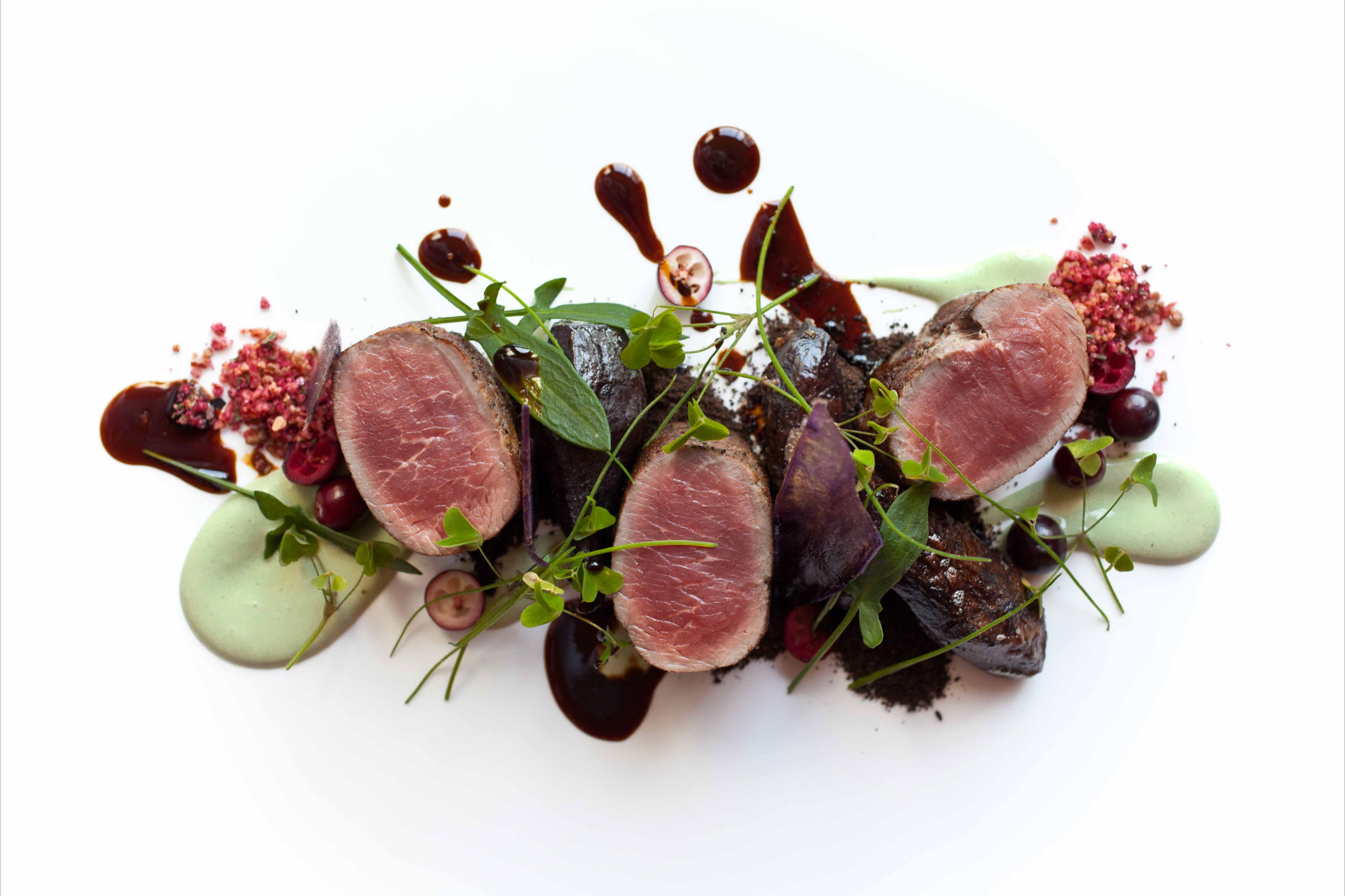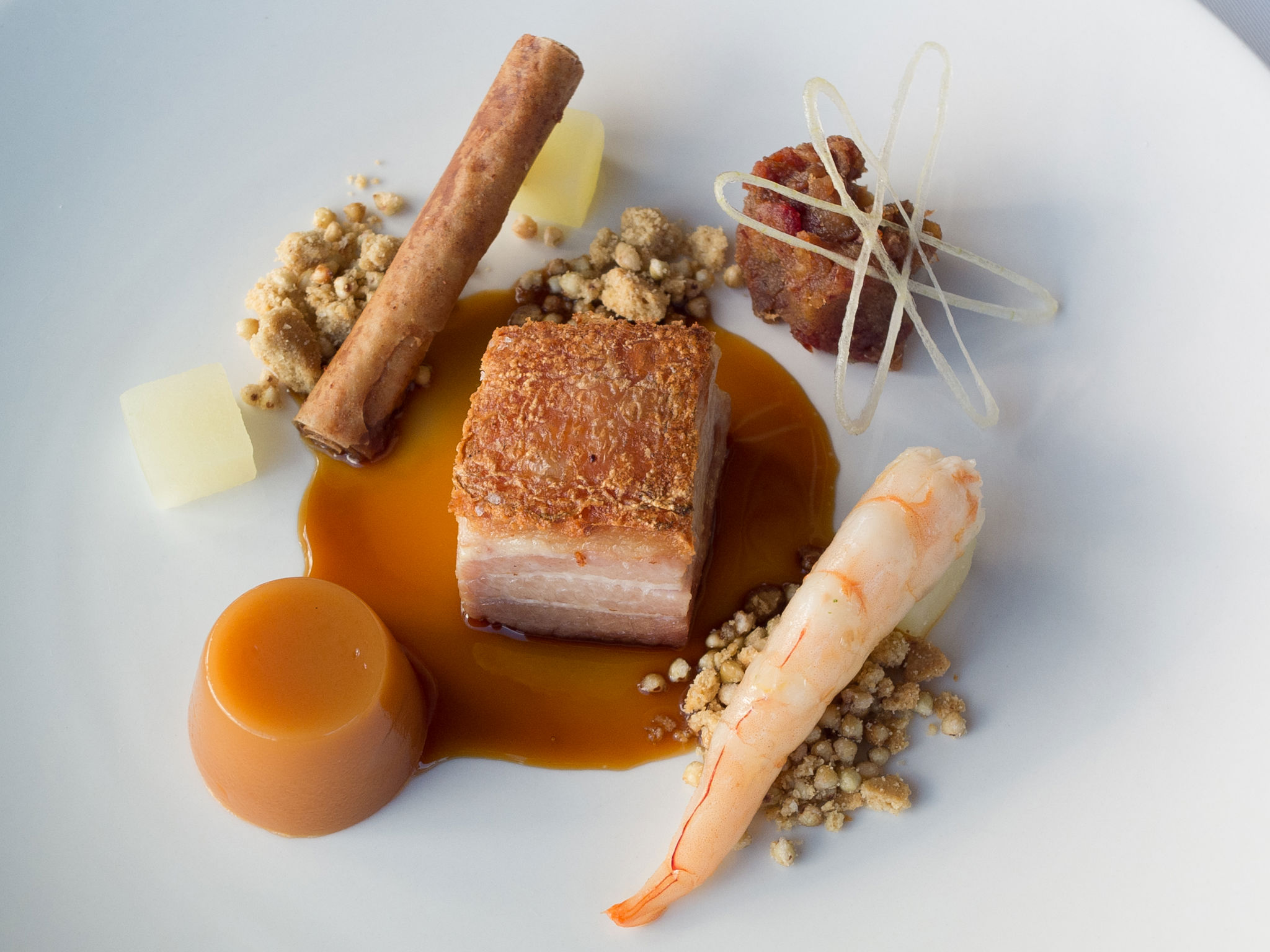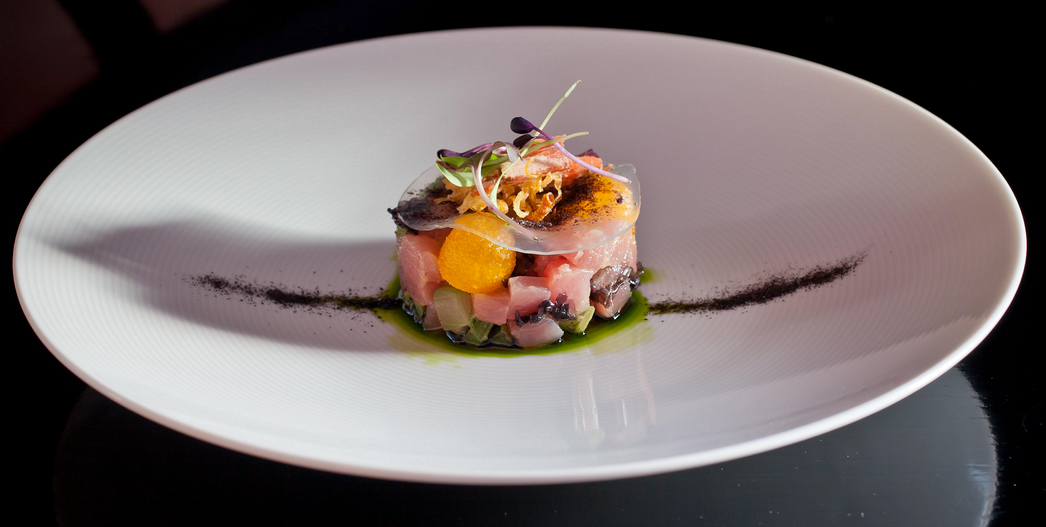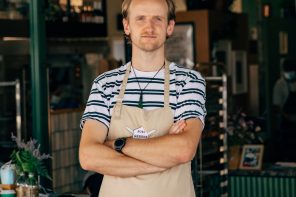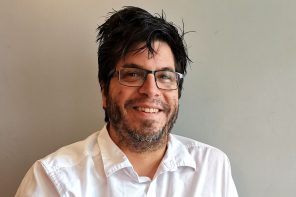Anton Leyland’s first ‘food crush’ was the humble kumara. “When I was young we had Sunday family dinners at my nana’s house,” he told Restaurant & Café. “She’d make the most amazing roast lamb dinners with freshly made mint sauce. I’d always keep my roast kumaras until the end of the meal. She used to call me the ‘kumara kid’.”
As a child he and his sister would put on mock restaurants for their parents, with his sister serving as waiter and Leyland in the kitchen creating brown onion and mixed herb soup creations for their ‘enjoyment’. Fitting, then, that Leyland would go on to become head of recipe development at My Food Bag, providing quick and easy meals to thousands of Kiwi families across the country.
Leyland is nothing if not experienced, having plied his trade at some of the top restaurants in New Zealand and overseas – Hyatt Regency, Michael James’s flagship MJ’s restaurant, One Tree Grill, Euro, and Kermadec where he was Head Chef. He also spent three years working as an inflight chef in first class for Middle Eastern Airline Gulf Air based in Bahrain and spent a year working for Tetsuya Wakuda in Sydney. “The food was so far ahead of its time – it was sublime and like nothing I had ever experienced in New Zealand,” he said. “My time spent in his kitchen was one of the most inspiring (and challenging) tenures in my entire career.”
Many of Leyland’s dishes pay homage to his love of New Zealand and Japanese ingredients. “I’m pretty proud of my Southland wild venison dish that I took to Taste of Auckland in 2012 – it was served with earth baked Urenika (Māori) potatoes, malt soil, fern curd and wild cranberries. The other is my tuna tartare, karengo, pikopiko compressed nashi and katsuobushi. I had to import the Katsuobushi from Osaka as no one in New Zealand was using it at that time.”
A lot of Leyland’s focus is on raw ingredients – energy-giving ingredients that are alive or activated – but he is becoming interested in cultured or plant based meats. “Millennials are looking for alternatives to meat or to reduce their consumption of meat and mitigate the impact of factory farming on the environment and science has been coming up with alternatives. All this spells good news for alleviating the global carbon footprint that comes from traditional farming.”
The My Food Bag kitchen is, according to Leyland, unlike any other kitchen in New Zealand. Leyland worked alongside the team at Platform Consulting Group – the space is unique and reflects the team of 20 which is made up of recipe developers, chefs, recipe testers, recipe editors, food photographers and food stylists, nutritionists, and one dietician. “We have a 511 square metre purpose built facility that contains 10 separate cooking stations, a walk-in chiller, walk-in dry store room, self-contained photography kitchen and studio and a herb wall,” he said.
However, as unique as the MFB kitchen may be, it is still based on the functionality of a domestic home kitchen. “What we cook in our kitchen here at My Food Bag needs to be replicated at home by everyday mums and dads.”


